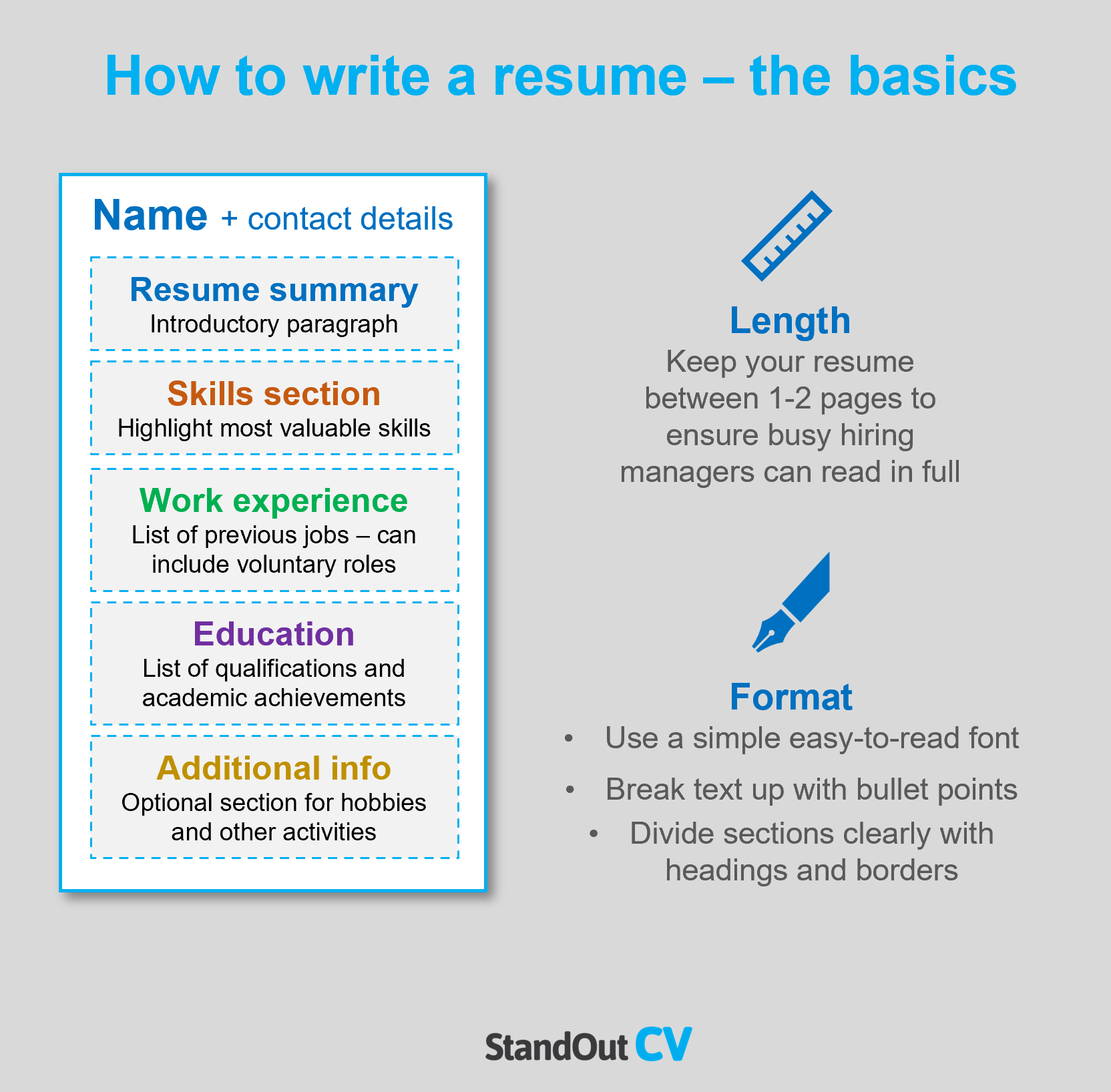When recruiters read your resume, they want to know what you’ve done and how you’ve done it.
This is where adverbs come into play.
Adverbs describe how you’ve carried out tasks in your job.
E.g. “Effectively“, “Accurately” etc.
We’ve compiled a definitive list of 57 winning adverbs that you can add to your resume, to show employers you are the best candidate for the job.
Time and speed adverbs
Show recruiters how quickly and efficiently you get the job done, by adding plenty of time and speed adverbs to your resume.
- Swiftly
- Rapidly
- Efficiently
- Steadily
- Quickly
- Gradually
- Slowly
- Instantly
- Patiently
Example resume line: “Rapidly created plans for a new staffing process in time for changes to HR regulations”

Characteristic adverbs
Bring your resume to life by showing how you utilize your personality traits to good effect in your past roles.
- Confidently
- Conscientiously
- Enthusiastically
- Cautiously
- Supportively
- Carefully
- Empathetically
- Sensitively
- Sociably
- Thoughtfully
- Honestly
- Generously
- Optimistically
- Rationally
- Pleasantly
- Imaginatively
- Energetically
- Creatively
- Courteously
- Cooperatively
- Assertively
Example resume line: “Confidently delivered a pitch to investors, securing a round of investment for the business.”
Results adverbs
Prove the impact you make for employers by using adverbs to describe how greatly your work has benefited organisations.
- Significantly
- Dramatically
- Hugely
- Powerfully
- Meaningfully
- Aggressively
- Monumentally
- Considerably
- Essentially
- Successfully
- Effectively
- Consistently
Example resume line: “Secured a new revenue stream to the business which significantly boosted profits in Q4”
Performance adverbs
Use adverbs to describe exactly how you have carried out tasks within your resume.
- Diligently
- Accurately
- Precisely
- Painstakingly
- Thoroughly
- Notably
- Resourcefully
- Responsibly
- Reliably
- Proficiently
- Practically
- Logically
- Intelligently
- Independently
- Competitively
Example resume line: “Accurately updated over 500 records in the client database to ensure details are correct for sales meetings.”
Should you add adverbs to your resume?
The short answer to this questions is yes.
Your resume is designed to attract recruiters and employers, and persuade them to invite you in for an interview.
And the way this done, is by showcasing your skills, knowledge and results.
Adverbs are descriptive words, so they help to paint a picture of not only the work that you do – but how you do it. This is important because many people will probably do the same job as you, but the way which you do it will differentiate you from the competition.
So, using adverbs (particularly in your job descriptions) will sell you unique abilities and help you to stand out from the competition.
How to add adverbs to your resume
It’s great knowing which adverbs to utilize, but how can you effectively add these to your resume?
In this next section, we’re going to show you the best way of adding adverbs when writing your resume.
Know where to put your adverbs
You can include adverbs throughout your resume but there are a few sections in particular where these can be really beneficial.
You should use these adverbs in your resume summary (the introductory paragraph at the top) so that they are visible as soon as your resume is opened and you ensure that you get recruiters attention.
You should also add adverbs throughout your work history to provide clear details of how you apply your skills in the workplace to demonstrate the value you add.
Adverbs will normally need to be placed in front of a verb (doing word) to describe how you carried out a particular action.

Research the needs of target companies
Using the job description, go through and highlight the key skills and qualities that the employer is looking for. This should help to shape the content of your resume by allowing you to highlight your most desirable and relevant skills.
For example, if the employer is looking for innovators and problem-solvers, you can use a mixture of creative verbs (doing words) and adverbs to support this. Similarly, if they’re looking for a strong leader, you could include a variety of leadership verbs and adverbs.
What is an adverb?
An adverb is a word that is used to describe a verb.
Still confused?
Verbs are doing words, like “managed” “analyzed” “fixed” “trained”
So, adverbs are placed in front of verbs to describe how the action was carried out.
For example;
- I accurately managed the staff rota.
- I confidently delivered a pitch to investors.
- I rapidly updated the database.
Adverbs make a great addition to your resume because they provide recruiters with more detail on exactly how you carried out tasks in your job.




